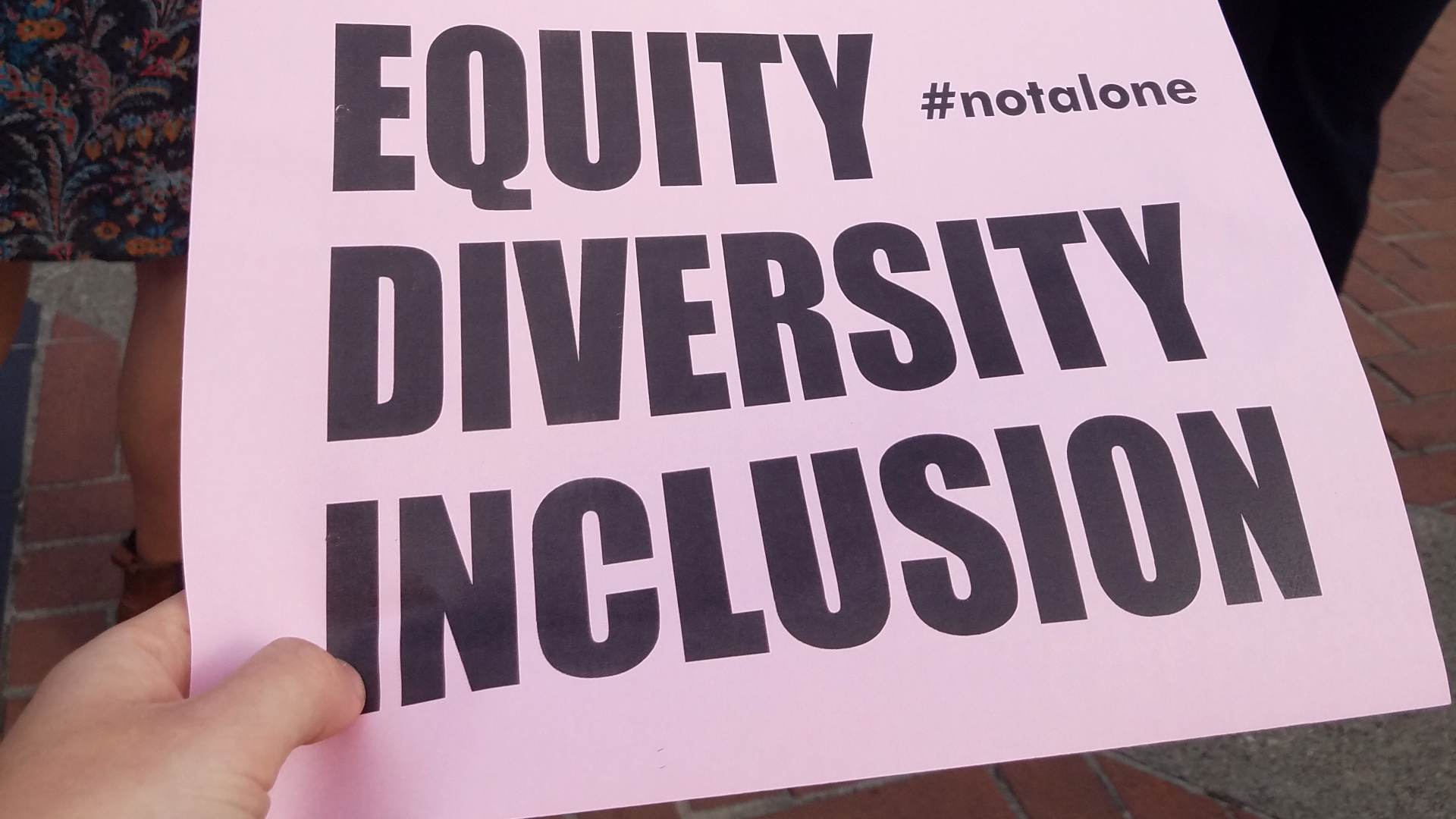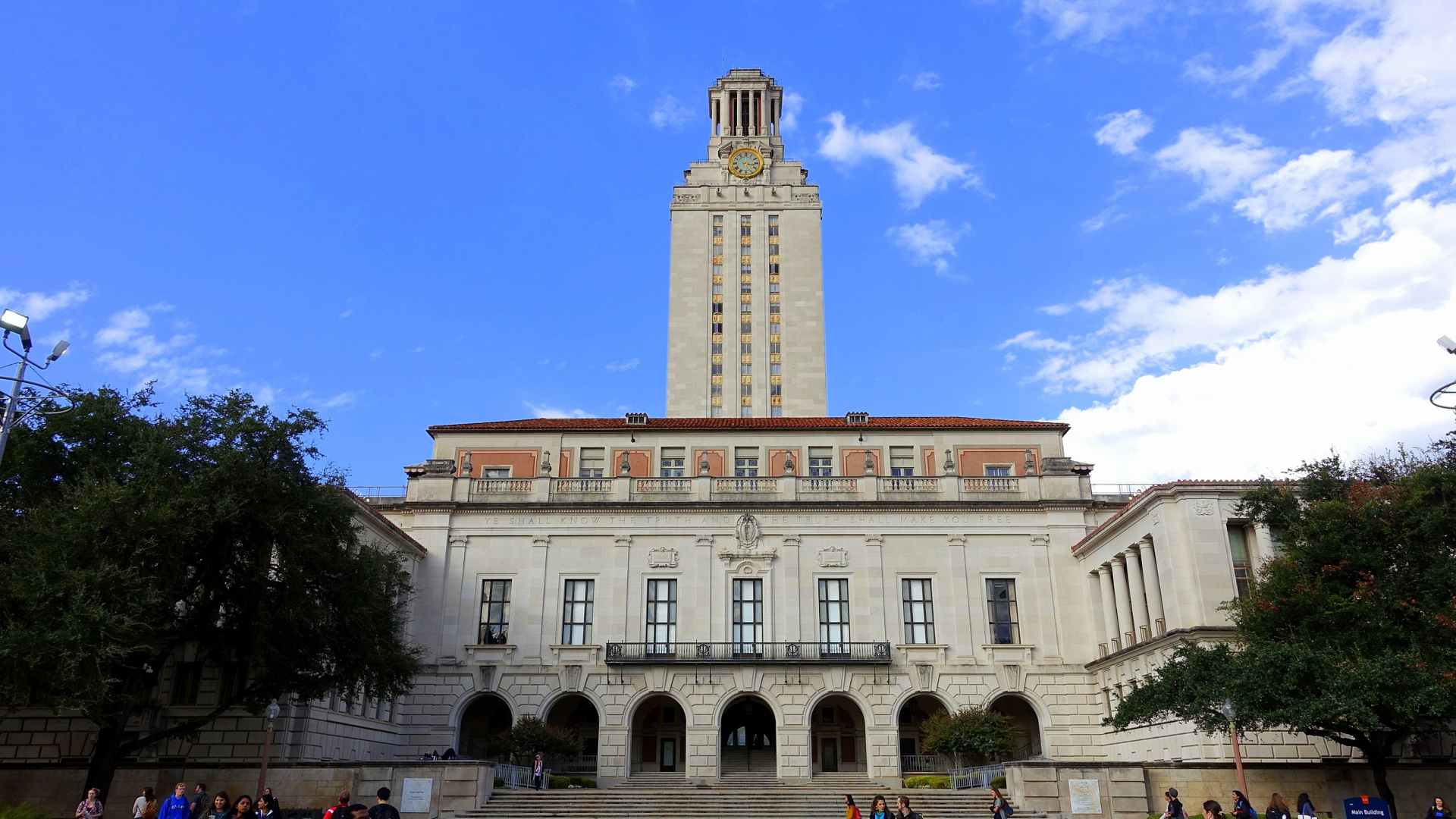According to documents shown to The Dallas Morning News, the majority of staffers let go from the University of Texas system due to DEI cuts were women or people of color.
The staff dismissal comes in response to a DEI ban passed in Texas in 2023, which forced public universities to quickly reorganize their systems to comply with the new law.
DEI Ban

These cuts in the public university system are a result of a previously passed DEI ban called Senate Bill 17. The bill was passed along party lines in 2023 and went into effect on January 1.
The bill called for public universities to disband programs, departments, and training based around DEI.
Senate Bill 17

The primary goal of Senate Bill 17 is to prevent the establishment of a DEI office in public Texas Universities.
Any existing offices in these universities across the state would have to be closed, which created the situation now where universities have begun laying off the related staff members.
What is DEI?

DEI stands for diversity, equity, and inclusion and describes a host of different programs, training, and initiatives that hold these three values as primary pillars.
The term has a broad use and can apply to everything from race-based hiring practices to environmental rules.
Controversial Issue

DEI has become a hot-button political issue, and several states have already made moves to restrict its implementation wherever possible.
Critics of DEI accuse the programs of being discriminatory against White people and pushing a divisive narrative that is inappropriate in certain environments like public education.
Disproportionate Cuts

An analysis by The Dallas Morning News citing University of Texas documents found that of the cuts in the University system, 76.8% were of people of color or women.
Men only accounted for 23.2% of the cuts, and White people were only 21.7% of the cuts.
Different Campus Cuts

Not every public university impacted by the new DEI law had to make cuts. According to The Dallas Morning News, 50 of the cuts came from the University of Texas Austin, and 16 came from UT Dallas.
UT Tyler, UT Southwestern, and UTMB Galveston each cut one employee.
University of Texas at Austin

The majority of employees were let go from UT Austin, where 71% of the 50 faculty members were women and 73% were non-white.
UT Austin also had the largest number of DEI employees prior to the law going into effect and therefore had to make the largest number of cuts.
Some Employees Left

Ahead of the implementation of the DEI ban, some employees opted to quit their positions rather than wait and be let go by the university.
These employees sought out alternative positions within the university or new jobs entirely. Some employees were also able to retire before they were let go.
Legislator Hearing

The University of Texas System Chancellor James B. Milliken attended a hearing with the legislator on May 14 to say that 311 total positions would be eliminated across the system.
At the hearing, Milliken said that the university system was able to save an estimated $25 million from the dismissal of employees, and the cancellation of training and other programs.
Demographics of DEI

It may not be surprising to learn that women and non-white staff members were most affected given they account for higher percentages than the general population in DEI programs. A 2023 survey found that 51% of chief diversity officers are Black, 11% are Hispanic, 7% are Asian, and 8% are White.
This is much different than the general demographics of UT staff, which during the 2023-24 academic year was 56% White, 24% Hispanic, and 7% Black.
Affecting General Demographics

Although some are not surprised by the disproportionate effect on women and people of color, they are nonetheless concerned about the effect on the diversity of UT staff.
“It’ll likely impact the demographics of the university in a way that I would consider negative,” said Pauline Strong a professor of anthropology at UT. “Especially given the demographics of the state and of our student body.”
